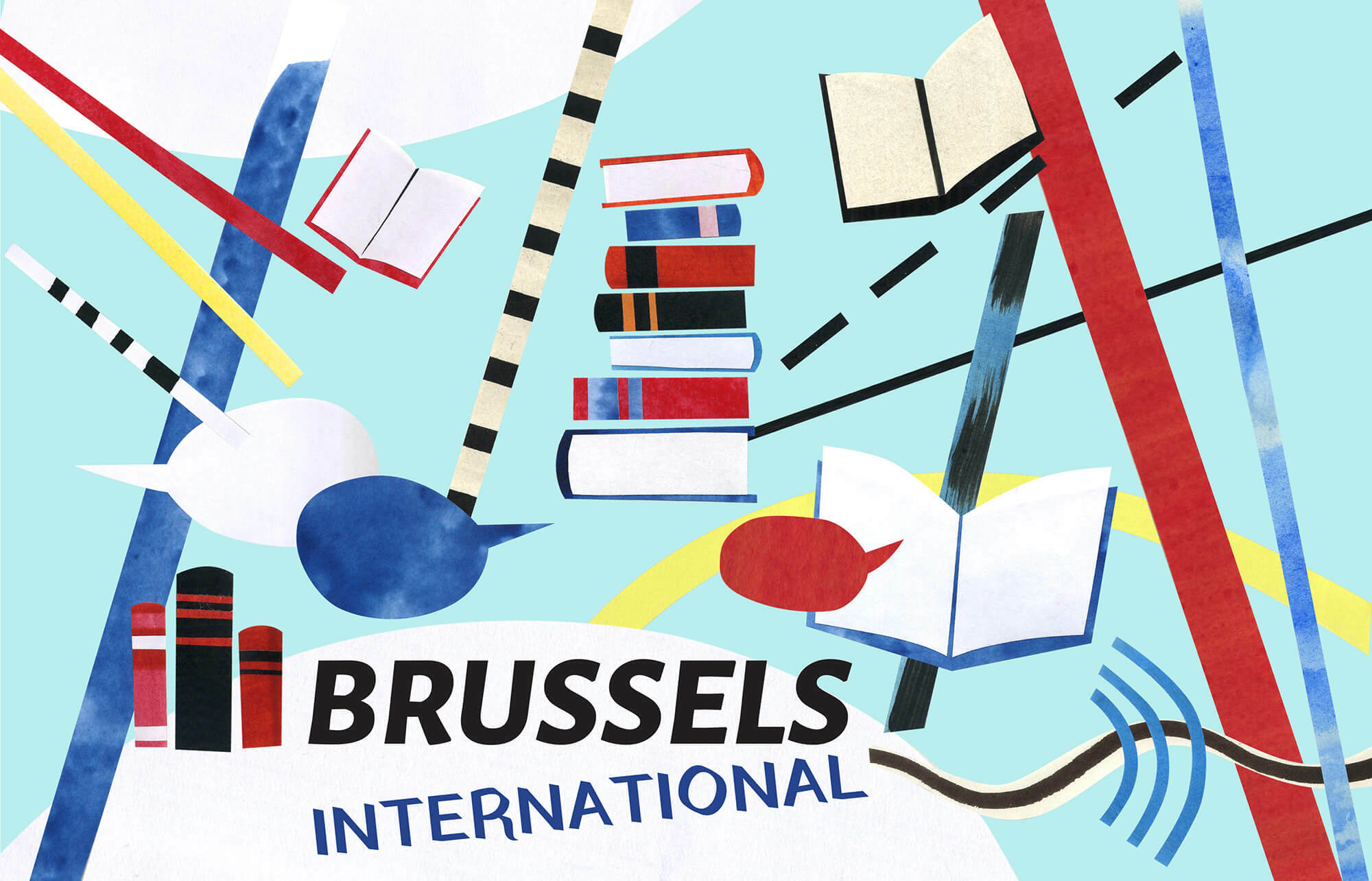Brussels international: Close reading with Aleksandra Lun
For the Passa Porta Festival, Aleksandra Lun has written ‘Antimatter’, a penetrating poetic essay on the complex relationship between the mother tongue and new, 'foreign' languages, and the challenges that multilingualism poses for an author. We will read the essay together with the writer and a moderator.
Price
Programme
maximum 15 participants; even if you have a festival pass, you should first reserve a ticket (for free, with the reservation code from the festival pass)
language
reading, a lonely occupation?
Curling up with a good book is something you generally do on your own, right? But reading doesn’t have to be an individual, let alone lonely activity.
During a close reading a central guest reads excerpts from a work close to their heart. Together with this passionate moderator, a small group of participants dives into the text, discussing literary forms and political issues that matter today.
A gift for languages
The writer Aleksandra Lun was born in Poland in 1979. She moved to Spain at the age of 19, and settled in Brussels ten years ago. To say that she has a knack for languages would be an understatement. A literary translator from English, French, Spanish, Catalan, Italian and Romanian into Polish, she is currently learning Dutch and wrote her debut novel, The Palimpsests, not in her native Polish, but in Spanish.
Polish-Antarctican
In The Palimpsests, Lun tells the story of a Polish man who ends up in a psychiatric asylum in Liège because he wants to write, not in his mother tongue, but in ‘Antarctican’. And yet, didn’t such famous writers as Samuel Beckett, Agota Kristóf, Joseph Conrad and Vladimir Nabokov also use a language other than their mother tongue? The Palimpsests is available in English (Godine), Dutch (uitg. Pluim), French (éd. du Sous-Sol), and in the original Spanish version (Minúscula).
Joint essay reading
For the Passa Porta Festival, Aleksandra Lun has written ‘Antimatter’, a penetrating poetic essay on the complex relationship between the mother tongue and new, 'foreign' languages, and the different meanings of multilingualism for a writer. During this close-reading session, a number of passages from the essay will be read and discussed with the author. The essay is available on this website, in English, Dutch and French translations, so that all participants can read it on beforehand and prepare their questions for the author.
Passa Porta, Librebook, Instituto Cervantes Bruselas
picture aleksandra lun © merlijn van doomernik
Linked article

antimatter
Soon at Passa Porta


